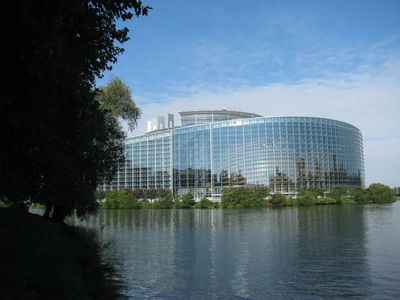What is the European Parliament, and who are our MEPs?

The European Parliament is a directly elected body, acting as the voice of the people in the European Union. It shares legislative power and budgetary authority with the Council, ensuring that adoption of legislation is democratic, and it also has power of supervision over the European Commission and all other EU institutions.
Each country is represented in the parliament by MEPs who have been elected locally in the member states for a five-year term. There are 751 MEPS in total, allocated according to the proportion of the EU population belonging to each country. So there are 73 MEPs from the UK, of whom seven are from the East of England, covering Suffolk, Norfolk, Essex, Cambridgeshire, Bedfordshire and Hertfordshire. At the last European election in 2014, there was a turnout of 36.19% in the East of England*. All seven of the elected East of England MEPs represent us in Suffolk Coastal, and you can find out who they are here: http://www.europarl.org.uk/en/your-meps/uk_meps/eastern_region.html.
It is important that MEPs fulfil all their duties in their role, as through that role they jointly have the power to approve, amend or reject nearly all EU legislation**. An MEP who refuses to attend proceedings, or who fails to vote responsibly, is not representing you, and is acting against your interests.
The Liberal Democrat party is associated in the European Parliament with a political grouping under the banner of the Alliance of Liberals and Democrats for Europe (ALDE). This is an important alliance, and a quarter of EU countries have a prime minister whose party is a member of the group (Belgium, Denmark, Estonia, Finland, Luxembourg, the Netherlands and Slovenia)***.
Sources:
The European Union explained: How the EU works, European Commission, 2014
* http://www.europarl.org.uk/resource/static/files/elections2014/2014-eastern-region-results.pdf
** http://www.europarl.org.uk/en/your-meps/what_do_they_do.html
http://www.aldeparty.eu/en/members/political-parties
*** http://www.aldeparty.eu/en/news/liberal-leaders-meet-brussels-ahead-european-council-meeting-0
